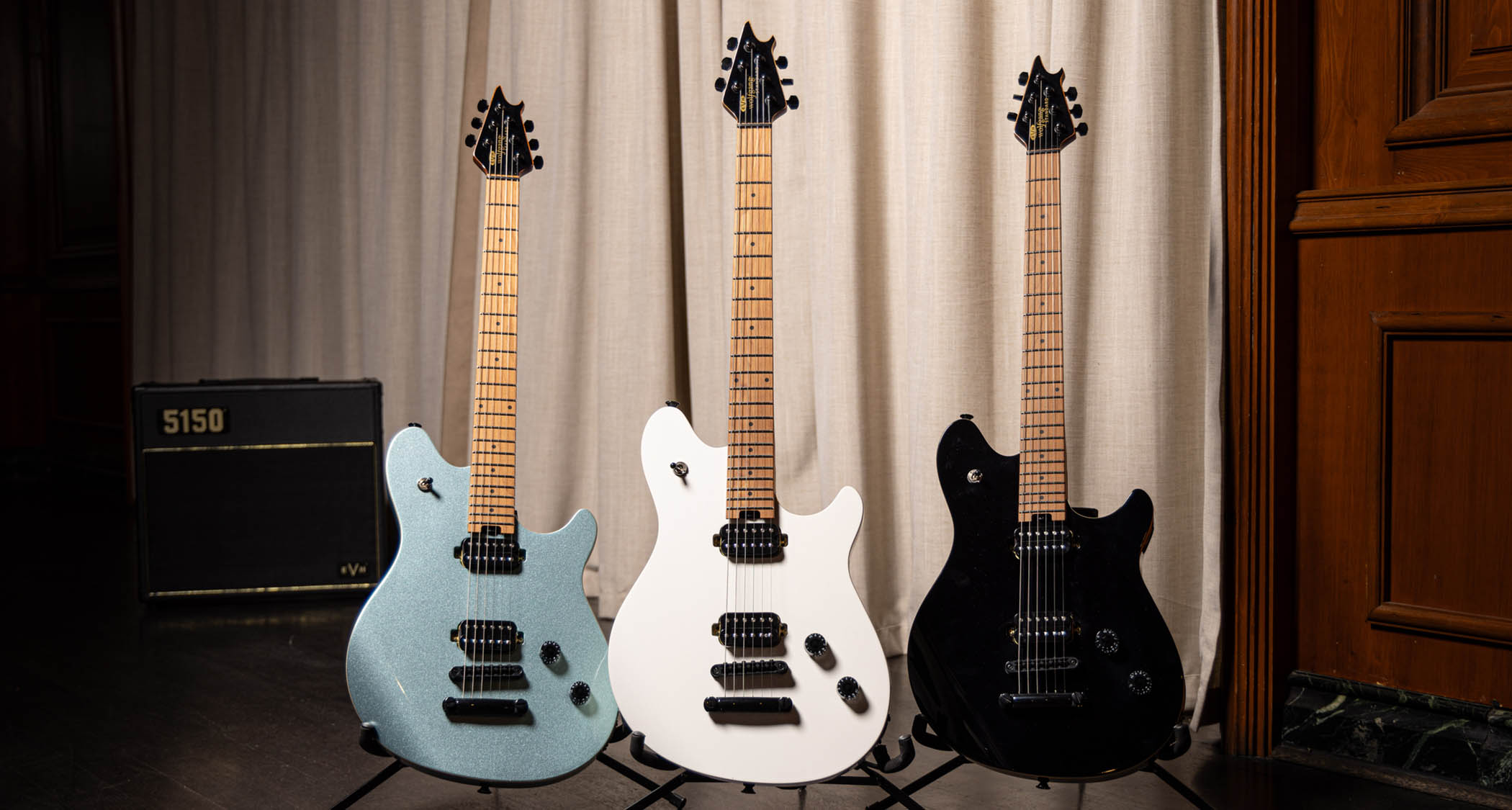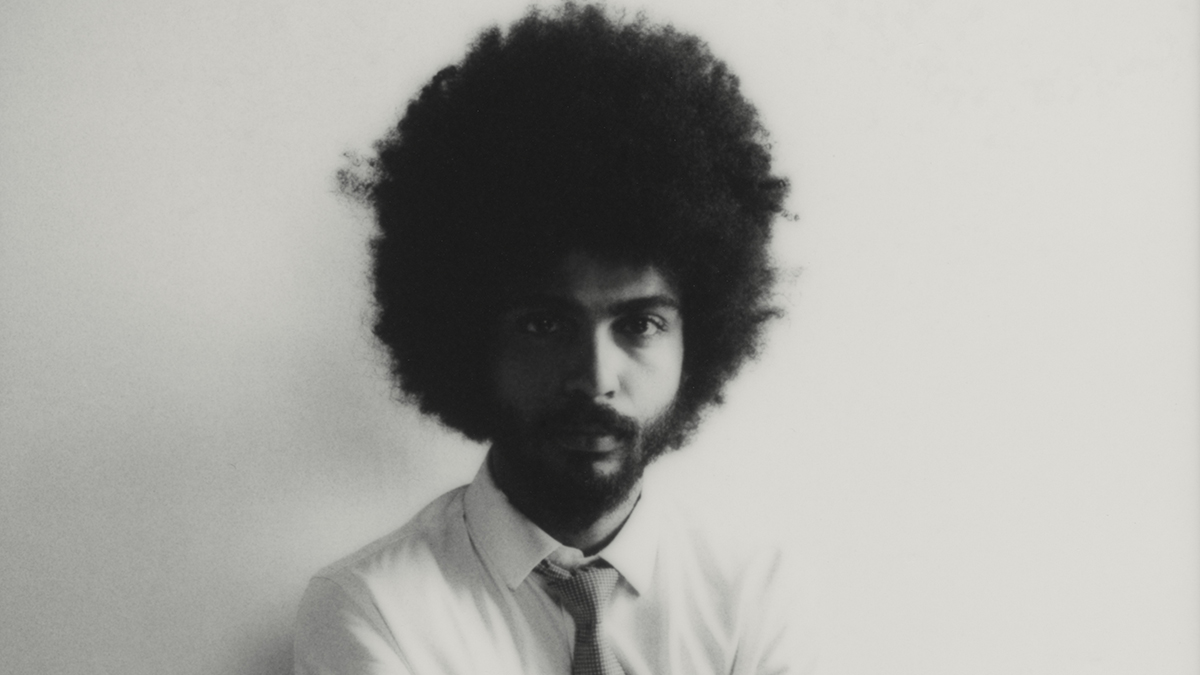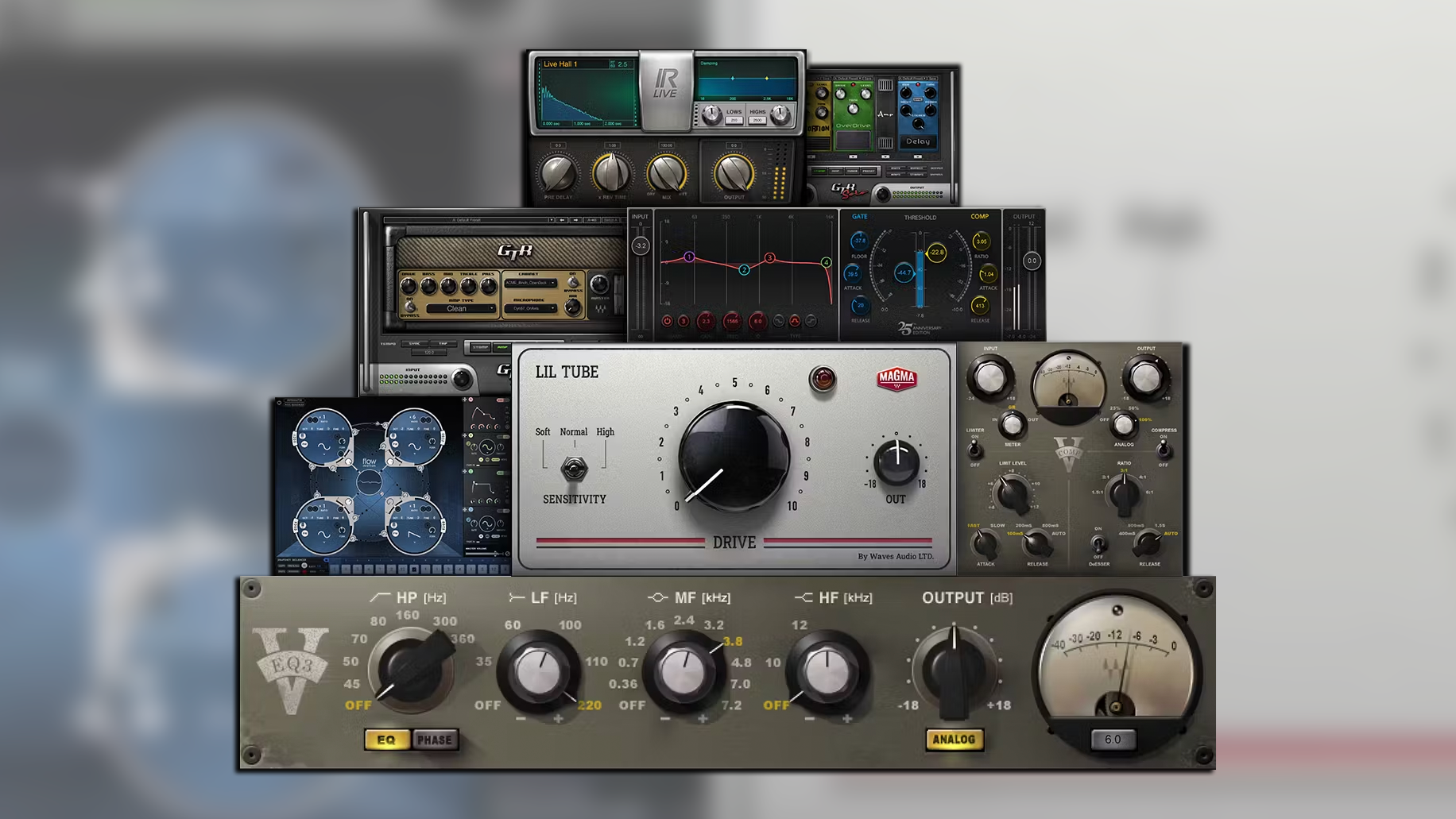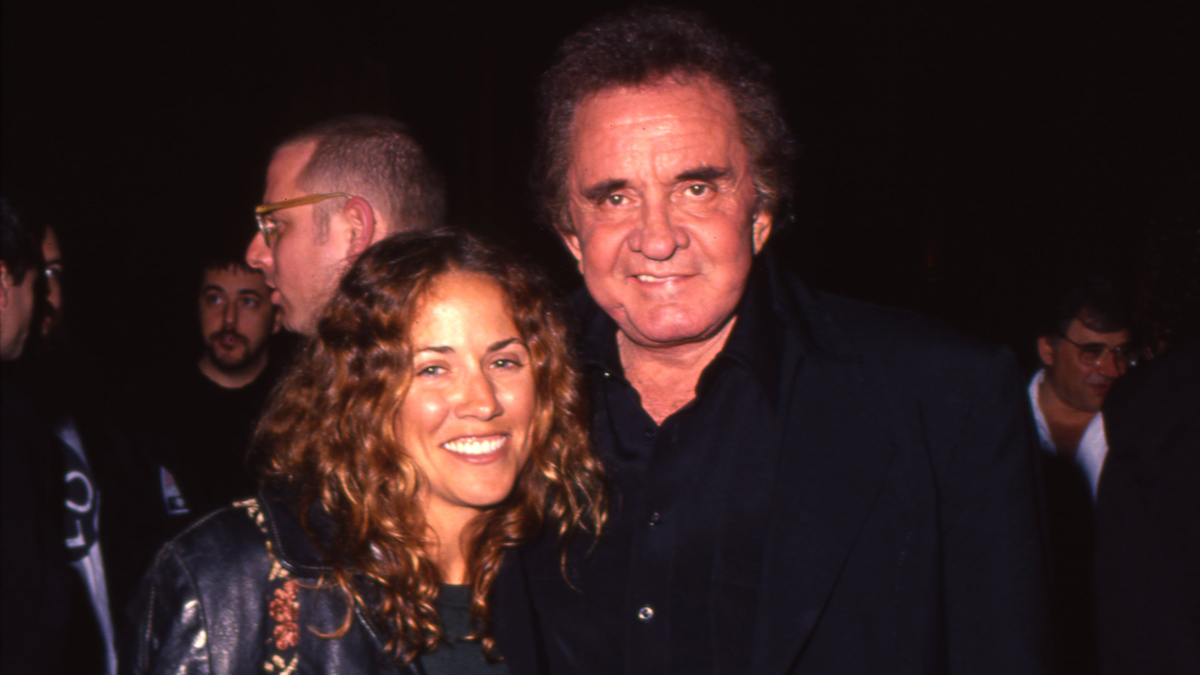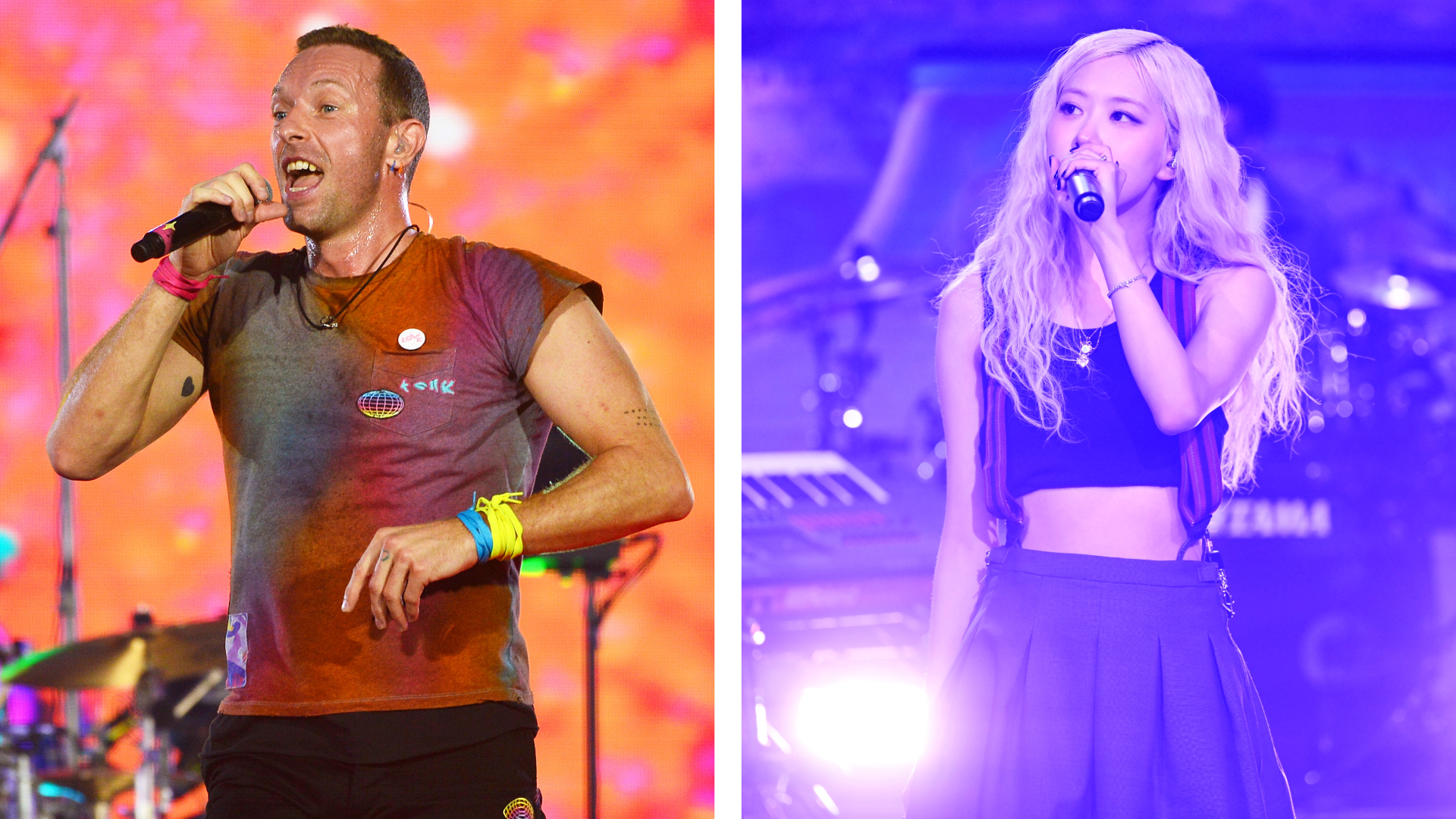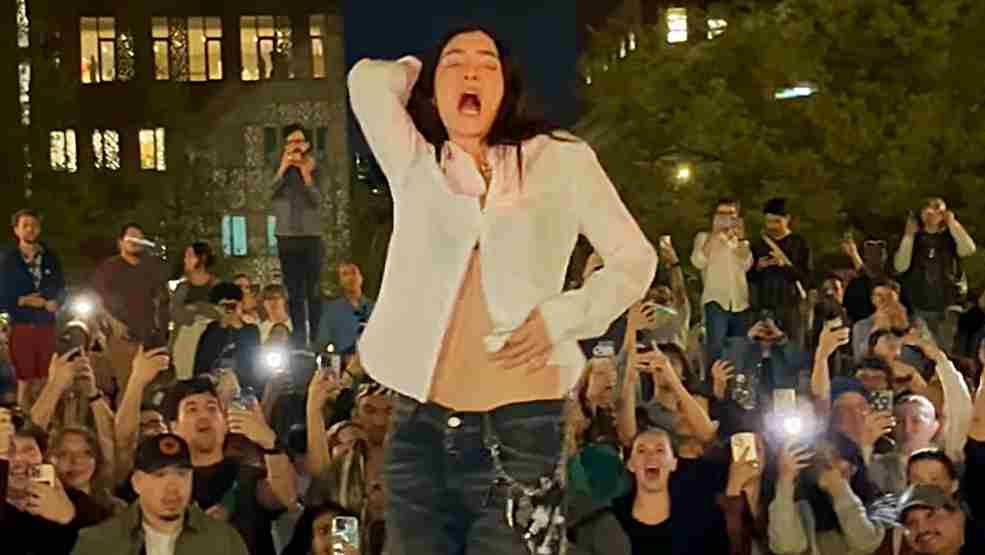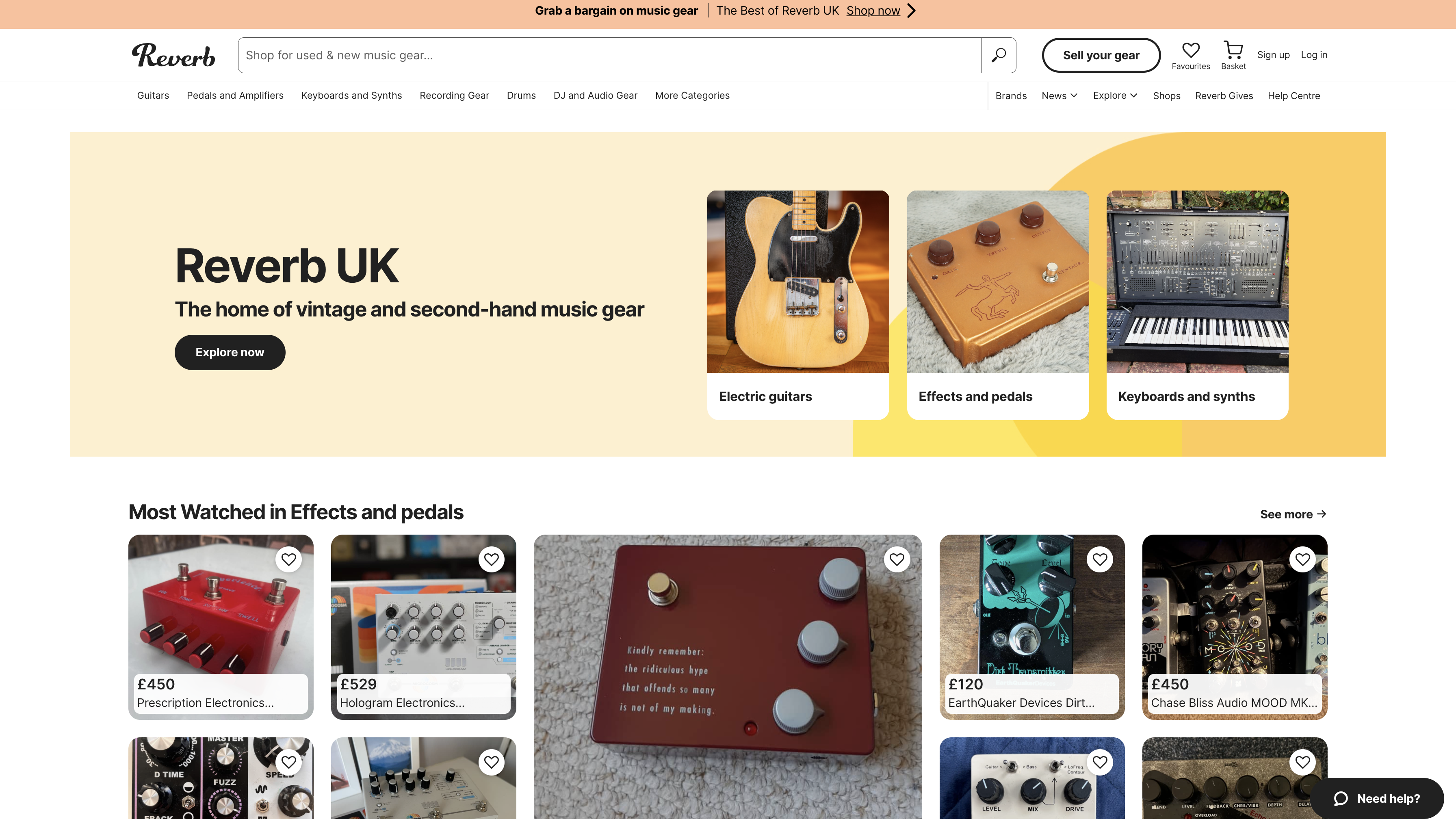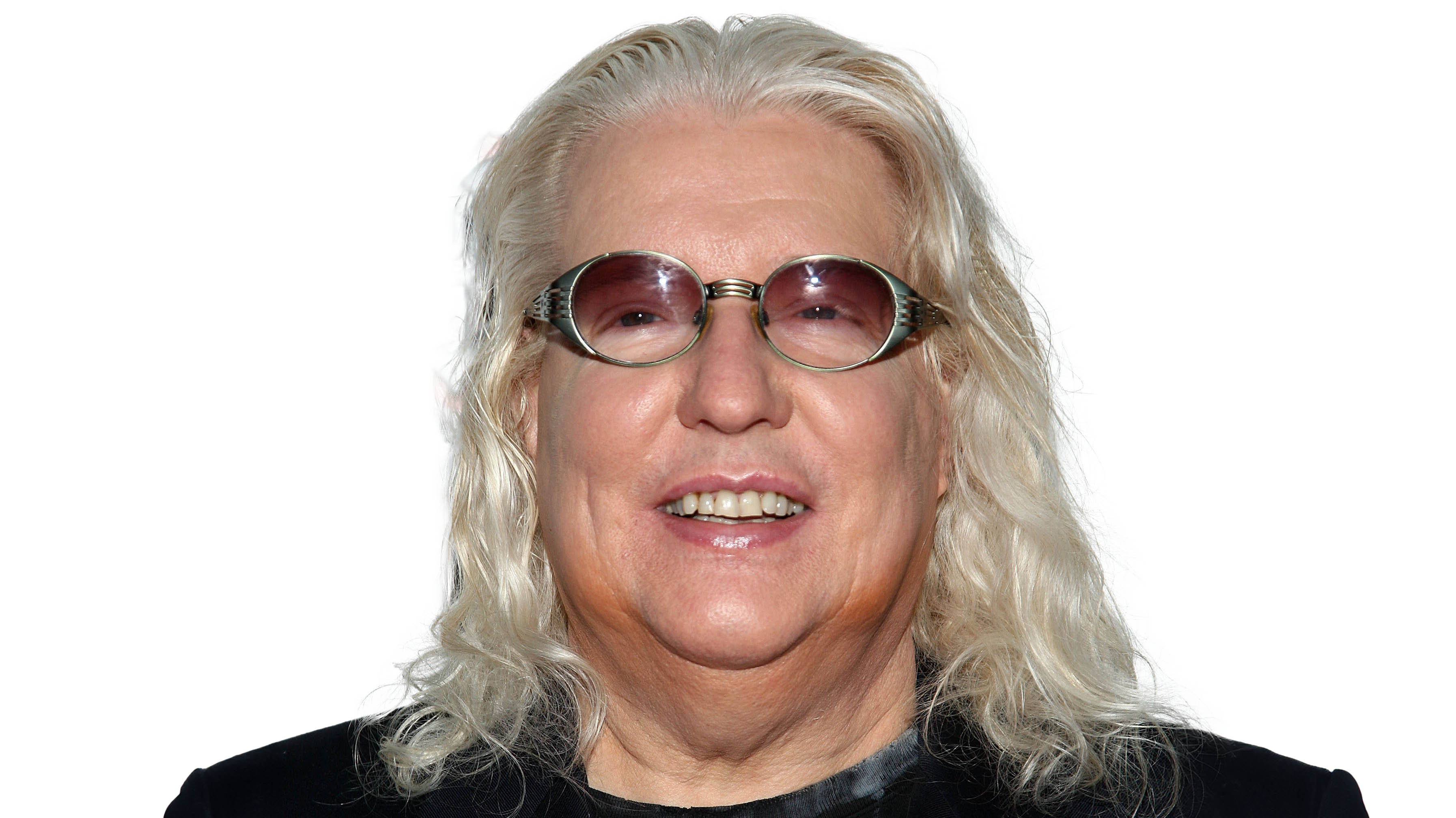Boi-1da on working with Rihanna and Kendrick Lamar, his love of FL Studio and his new AI-powered project: "Through the power of generative AI I was able to be in multiple places working on multiple tracks, simultaneously"
The Grammy-winning hitmaker behind chart-toppers from Drake and Rihanna used AI to facilitate his collaboration with five up-and-coming artists for The Concept A.I.BUM
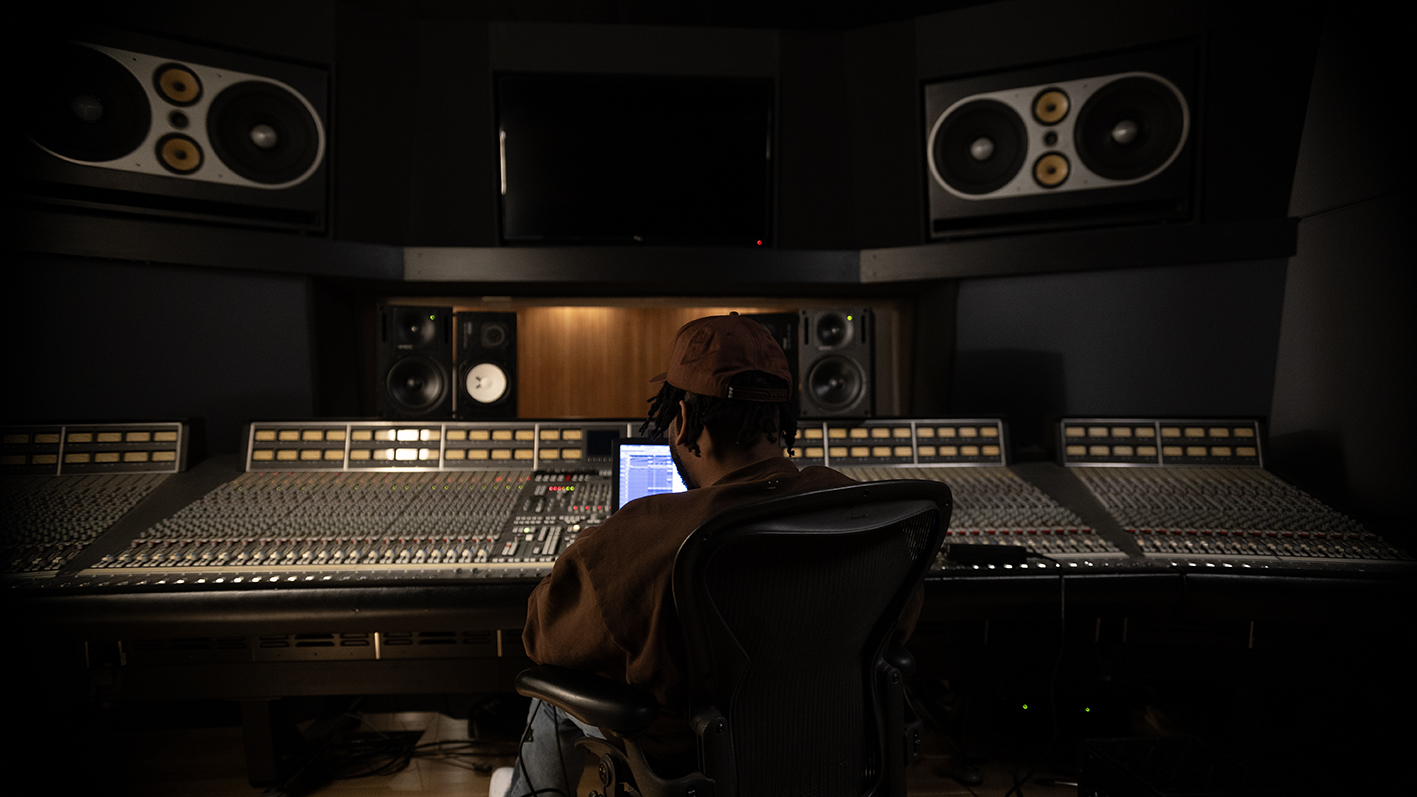
It seems that everywhere we look these days we find ourselves staring AI in the face. For better or for worse, AI is fast changing the way we create and consume, and even the way we perceive what’s real and what is false.
These developments raise some deeply significant philosophical questions; which is perhaps why, when it comes to art, many of us are as fascinated by AI as we are terrified. In decades past, novel technologies have been met by musicians with sniffs and gasps in equal measure: stereo recording, MIDI, the dawn of DAW… the list goes on.
But there’s reason to suggest that what AI represents is different to any of the above. We’ve already seen it demonstratively rattle Universal Music Group, who, with seemingly existential dread, took swift action after a new song featuring the AI-fabricated voices of Drake and The Weeknd, Heart On My Sleeve, went viral last year on social media and streaming platforms.
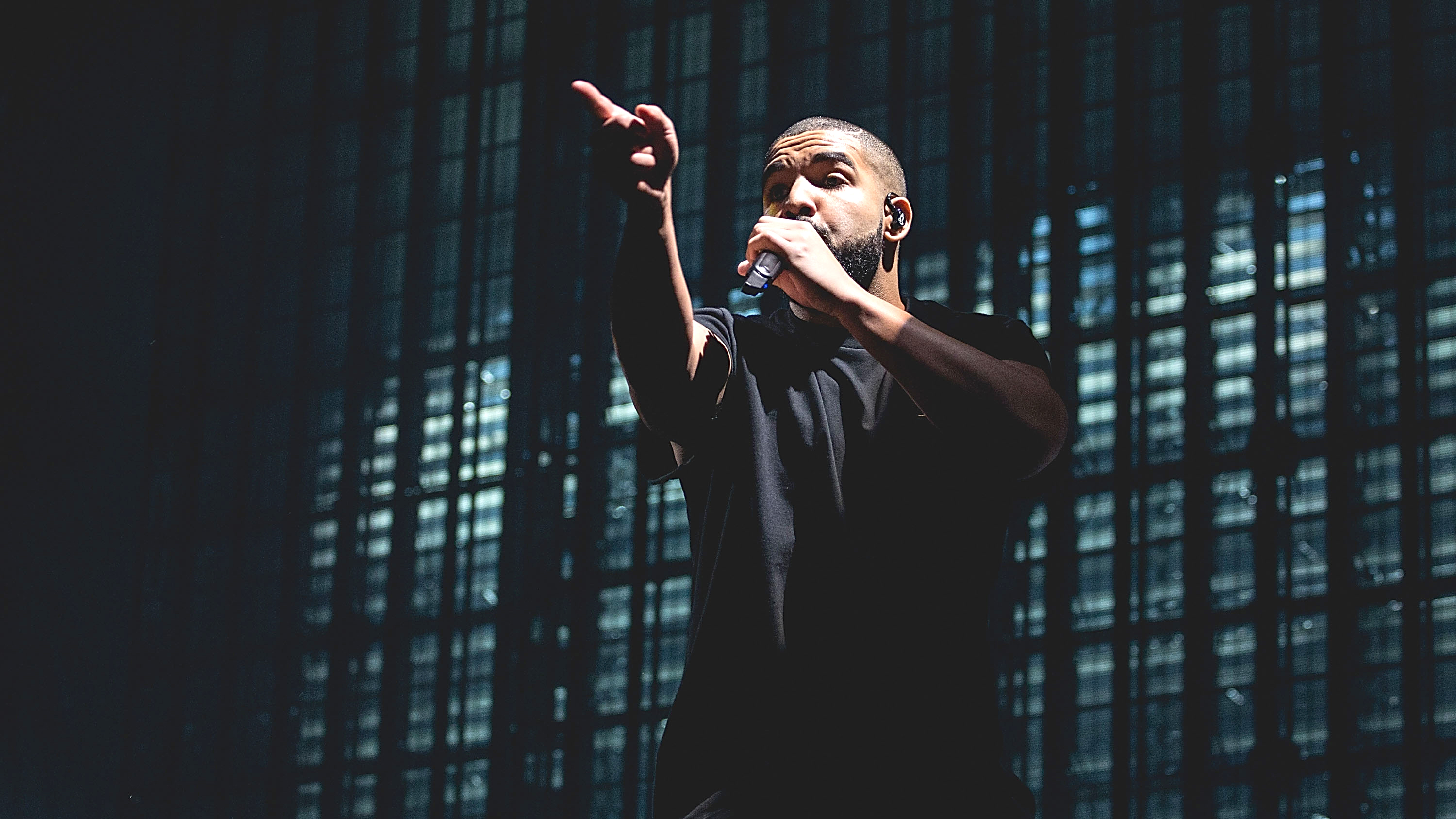
As far as UMG’s senior VP of Communications, James Murtagh-Hopkins, was concerned, the situation was a case study that “begs the question as to which side of history all stakeholders in the music ecosystem want to be on: the side of artists, fans and human creative expression, or on the side of deep fakes, fraud and denying artists their due compensation.”
On the other side of the aisle, however, some are embracing AI and its capacity to augment their artistry. Enter the award-winning producer Boi-1da, who with The Concept A.I.BUM is exploring how generative AI can be positively leveraged, specifically its power to allow producers of any strata to work with artists without, well… actually working with them.
Through the power of generative AI, I was essentially able to be in multiple places, working on multiple tracks, simultaneously
Boi-1da is a decorated hitmaker, having collaborated with Rihanna, Kendrick Lamar, Drake and many more, but here has turned his hand to working with a handful of breaking acts— at least, his AI-generated hand— specifically Floyd Fuji, Kyle Dion, Blackway, Savannah Ré and rising UK artist Bellah.
“Mentoring up-and-coming talent is one of the most rewarding things to do as a producer,” he explains. “Through the power of generative AI, I was essentially able to be in multiple places, working on multiple tracks, simultaneously.”
Get the MusicRadar Newsletter
Want all the hottest music and gear news, reviews, deals, features and more, direct to your inbox? Sign up here.
1da isn’t giving the whole process over to AI, however, overseeing the final stages of each track's production personally. Here we chat to the veteran beatmaker about his love of FL Studio, why less is more when it comes to production, and the philosophy behind The Concept A.I.BUM.
Tell us about how you got into music production in the first place. What kind of set-up were you working with at the beginning?
“When I was eight, my mom bought me a Casio keyboard and at the age of 15, I started using FL Studio to make beats. That was pretty much my setup at the time.”
You’re still using FL Studio, right? Have you ever been tempted to switch to a different DAW?
“Yes, I am still an avid user of FL Studio and mainly use it to make my beats to this day. I’ve mentioned it before, but some of my favourite plugins include Octave Deluxe and Scorch!”
Tell us about your home studio space. Do you often experiment with new gear, instruments and software or do you like to stick to the favourites that you know well?
“I think it’s a bit of both. My home studio space is actually still in the works, but my favourite pieces of gear that I use the most can be called a ‘capsule’ setup, which includes the very basics: my laptop with FL Studio, speakers, headphones and a MIDI keyboard. I’m definitely open to experimenting with new gear, instruments and software when I hear about it. I don’t have anything particular on my studio wish list, though, as my current capsule setup is pretty reliable!”
Tell us a little about the context leading up to this project; for instance your interest in NFTs. How did you first become interested in the concept of AI?
“I had the amazing opportunity to work with Bacardi for the third iteration of their Music Liberates Music programming in 2021, to release three Caribbean-inspired records as non-fungible tokens [NFTs]. This definitely opened up my perspective on how this industry is ever-changing with the technology we’ve been building.
“I would say that I’ve always tried to remain open to all different possibilities and approaches when it comes to music making. AI is something I’ve always had a keen interest in and wanted to explore it further while also uplifting and exposing up-and-coming new artists. This is the essence of The A.I. Powered Album!”
You worked with UK talent Bellah on this release. What was it like working with her? How about the other artists you’ve featured on the EP?
“It was amazing working with Bellah— she truly is a force to be reckoned with! The other artists featured on the EP were Blackway, Floyd Fuji, Kyle Dion and Savannah Ré. Our goal was to handpick five emerging artists from around the world and give them an opportunity to test out their own demos using the AI-generated beats. I would say that the two qualities common to all of them— that made them perfect for this record— was their versatility and also each of their commitment to authenticity.”
Tell me about the process of creating each of these tracks: am I right in thinking that the ‘human-input’ and ‘AI-input’ stages were structured to happen alternately? Which one had the final word!?
“The process was pretty simple and was done in a way in which there was both human-input and AI-input involved. First, a generative AI program was given a selection of my beats and trained to create music in my style. From there, each of the five emerging artists we worked with had the opportunity to test out multiple demos using those AI-generated beats.
As we grow and evolve with this technology we can— and should— harness it responsibly to elevate our own creativity
“Then, I had one-on-one sessions with each of the artists to finalize a single record. Altogether, the actual artist and I had the final word on what the final product sounded like. It was a truly amazing experience, getting to bounce ideas back and forth.”
You’ve previously said that “AI will never be able to replicate a person’s unique human experiences and the deeply complicated, never linear, human rollercoaster of emotions.” Where do you think the line is between AI and human creativity?
“I think that with all things considered, there will always be an essence in which AI will never be able to replicate. Humans are so complex and I believe that the art forms that come from genuine human emotion and experience will always hold a different type of weight than those that are AI-generated. I think that as we grow and evolve with this technology we can— and should— harness it responsibly to elevate our own creativity.”
Many people see AI as a destructive force in music, not a constructive one. Do you think they’ve got it wrong? Why do you think some people feel that way, and what would you say to reassure them?
“As with any other technology, there will always be pros and cons. I think that everyone is entitled to their own opinion given their own personal experiences. I would say that as a creative person, it’s always important to proceed with caution with these things, and to use AI as a tool instead of a crutch.”
I would say that my biggest influences when it comes to my production style would be Dr. Dre, Timbaland and Pharrell
Who would you say are your biggest influences when it comes to your production style? What have you learned from them?
“I would say that my biggest influences when it comes to my production style would be Dr. Dre, Timbaland and Pharrell. From them I have learned to experiment with different sounds and keep an open mind when it comes to producing.”
Take me through your approach to starting work with an artist. Do you have any go-to sounds or instruments that you use across multiple projects, or do you try to take a distinct and fresh approach with each artist?
“I always like to keep an open mind when it comes to working with a new artist. I definitely have my go-to sounds and instruments and keep them in the vault but also love using newer, fresh sounds. One thing I love about creating music is that the possibilities are truly endless!”
Do you have a favourite out of all the beats you've produced and tracks you’ve worked on?
“Picking an all-time favourite beat of mine would be like asking a parent who their favourite child is— it’s an impossible ask! I look back on all of my previous work with a profound sense of appreciation; for the sounds I grew up listening to, as well as all the experiences I’ve had that translate into the beats I make. I feel so grateful to have worked with some of the most creative and talented people I’ve ever met. I like to think it has shaped me into the producer I am today.”
Let’s talk about Rihanna’s Work. Where did your ideas begin for that track? What synths and sounds were you using?
“This record primarily came from my desire to bring dancehall into the spotlight again. I also come from a Jamaican background, so I wanted to channel those vibes into the song as well. It was honestly incredible seeing what the song turned out to be, with Rihanna and Drake. It was like it all just happened at once, and a smash hit was born.”
How about Drake’s God’s Plan? Cardo started the beat and you finished it, right?
“Yes. Cardo is one of my favourite producers to work with! It’s always a pleasure working with him. He first created the instrumental on FL Studio, and my contribution to the song came when Drake gave me the track half finished, requesting the song to have a more ‘bouncy vibe’. I added more drums to the production and that’s pretty much how it happened!”
Let’s talk about Kendrick’s N95. How did that beat start out? What was he like to work with?
“This record was such a special one to make. Kendrick is one of my favourite artists to work with; he is one of the most gifted and creative storytellers I’ve had the pleasure of collaborating with. This beat came to be like almost all of my other ones, working with both new and old sounds while also maintaining simplicity. I like to think less is more.”
Do you think you might make more records like The Concept A.I. Album in the future? Where do you think AI technology might be heading when it comes to music?
“When used with responsibility, this technology will change the ways in which producers, artists and all creatives alike look at their art form. It would be great to see different ways in which people harness this technology to change their approach to building records. With this, I would say that I’m definitely open to the idea of working with AI again in the future.”
What advice would you give to younger producers that are just starting out on their journey into music?
“As with all creative fields, there is no ‘formula’ when it comes to creating. When it comes to making music, it’s all just about feel… As long as you’re having fun with it and creating art that you love, that’s all that matters. That’s where I feel the most meaningful art comes from.”


Vincent Joseph is a writer and musician. He has written on music and music technology for MusicRadar, The Guardian, Financial Times, MOJO and more.
“It’s radical. It’s like magic. I get chills”: How Rick Rubin’s philosophy of chance led System of a Down to the first metal masterpiece of the 21st century
“I just treated it like I treat my 4-track… It sounds exactly like what I was used to getting with tape”: How Yves Jarvis recorded his whole album in Audacity, the free and open-source audio editor



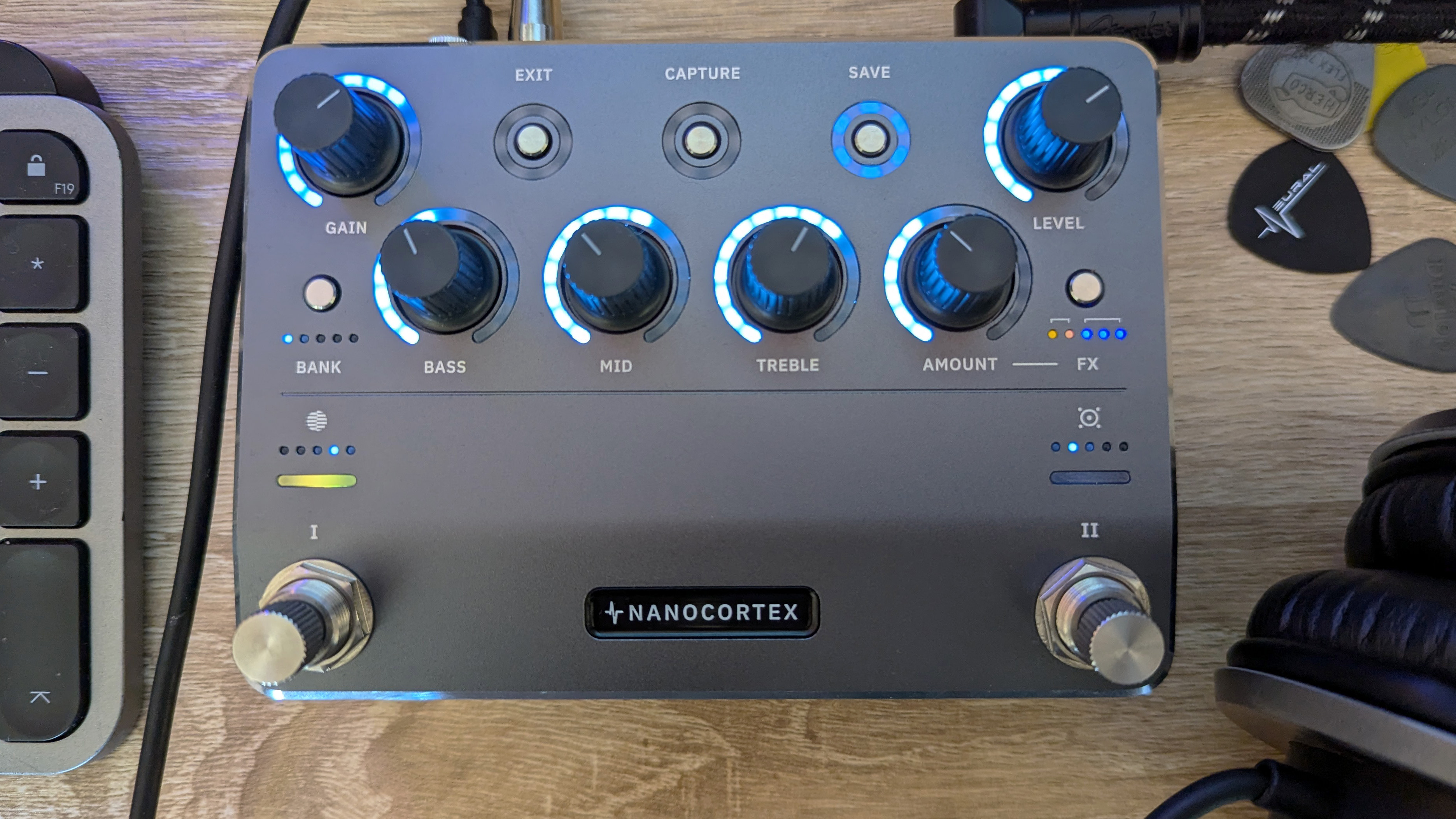
![Gretsch Limited Edition Paisley Penguin [left] and Honey Dipper Resonator: the Penguin dresses the famous singlecut in gold sparkle with a Paisley Pattern graphic, while the 99 per cent aluminium Honey Dipper makes a welcome return to the lineup.](https://cdn.mos.cms.futurecdn.net/BgZycMYFMAgTErT4DdsgbG.jpg)
